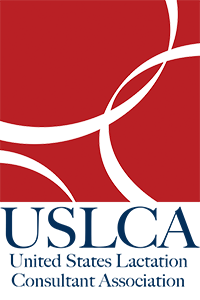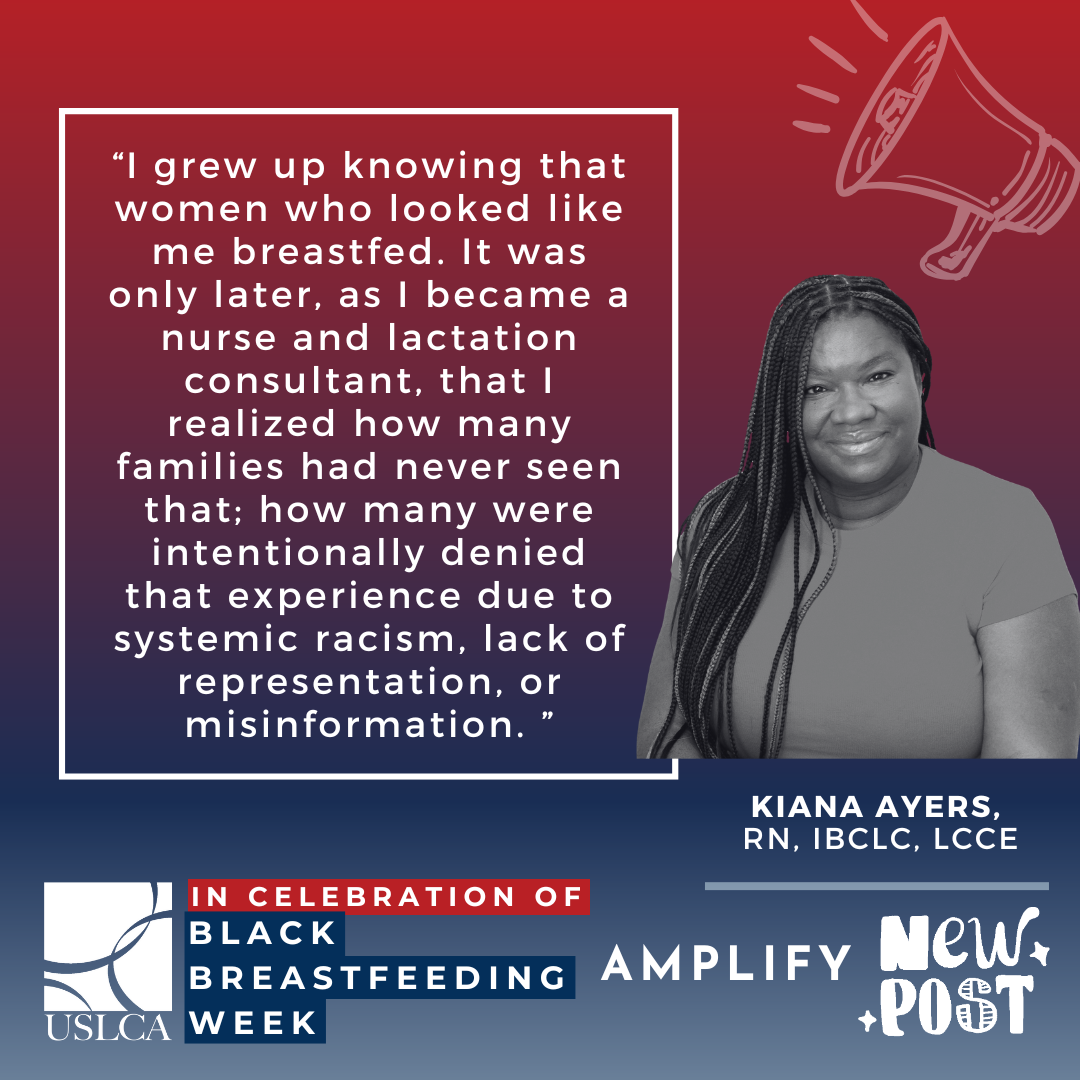Dear USLCA Colleagues,
Recently, our esteemed colleague Elizabeth Kirts Smith shared thoughts on her journey through the breastfeeding world, personally and professionally, as well as the many ways that the pregnancy, birth, and lactation processes intertwine. Her article, “Pregnancy, Birth, Postpartum, and Breastfeeding: The Ripple Effect” can be found on our Amplify! blog. I encourage you to read this thoughtful piece!
One thing I was personally delighted to see throughout this blog post was the use of inclusive language. This is in absolute alignment with our profession: In 2017, ILCA published their style guide addressing inclusive language. Breastfeeding Medicine published their recommendations for “Gender-Inclusive Language in Research and Reporting” in October 2019, and USLCA fully stands behind these recommendations and will continue to support the use of inclusive language in our endeavors: print, webinar, blog posts, and other communications.
We have received feedback questioning the use of inclusive language expressing fears that this is somehow erasing or marginalizing women. Let me be 100% clear when I say: Not all birthing parents identify as women. Not all birthing parents identify as mothers. The use of non-inclusive language is harmful and detrimental to those that we seek to serve. The lactation profession was borne of a desire to help those in need and to facilitate their personal lactation journey. By refusing to acknowledge the spectrum of clients we may encounter, we fail to serve. In fact, regardless of one’s feelings on the matter the IBCLC Code of Professional Conduct states: “Treat all clients equitably without regard to ability/disability, gender identity, sexual orientation, sex, ethnicity, race, national origin, political persuasion, marital status, geographic location, religion, socioeconomic status, age, within the legal framework of the respective geo-political region or setting.” This is a clear call to action for our membership, regardless of credential, to act ethically and professionally to provide appropriate, inclusive care.
USLCA unequivocally supports all parents that need our services, regardless of how they identify, supports our trans and non-binary providers, and exhorts all of our members to continue to advance the lactation profession through further education on inclusive support for all.
For more information and additional resources please see:
- USLCA Position on Diversity, Equity, and Inclusion
- Lactation Professionals and Gender-Inclusive Language
- USLCA’s Ongoing Commitment to Diversity, Equity, and Inclusion
With respect and gratitude,
Michelle L. Stulberger, MHA, IBCLC
USLCA Board President



